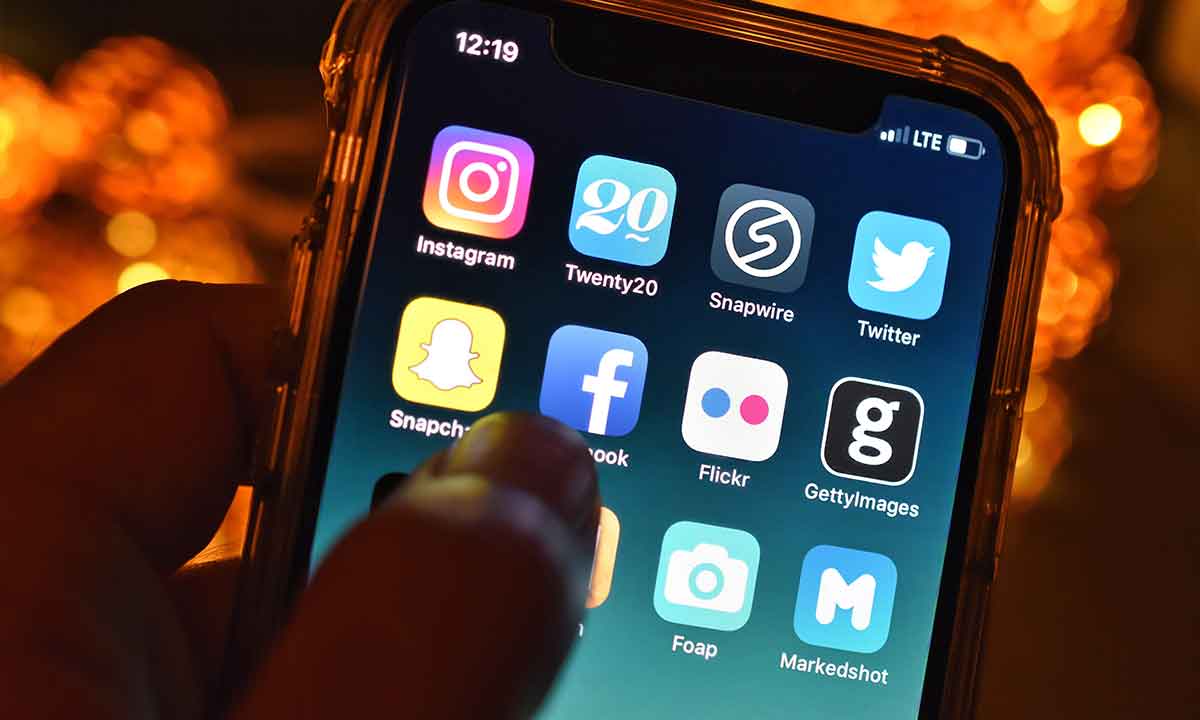
If you are a Twitter user, I imagine that it is not necessary for me to tell you the story of Manel Monteagudo, but otherwise, it may not be so, or that at this moment you have only heard part of the story. Be that as it may, I think it is best to make a small summary, starting from the beginning, and that the development of the plot is the common thread of this text, which should invite us to reflect on some important points.
It all begins with the publication, yesterday 10 in the newspaper El Mundo, of quite surprising news, in which the story of Manel is told, a merchant sailor who, at only 23 years old (coincidentally on his birthday), He suffered an accident aboard the ship he was working on, which at that time was near Basra, Iraq (it is understood that in the Persian Gulf, the country’s only small outlet to the sea). The accident was a fall from a height of six meters and, as a result of it, he was left in a coma. This happened on February 28, 1979. The news, of course, was posted on Twitter.
Although the clock stopped for Manel, it did not stop for the rest of the world, who continued to advance unconscious of his misfortune, until October 15, 2014, at which time according to said news, the sailor came out of a coma and was able to recover his life. Well, part of his life, to which you have to discount the 35 years that he passed unconscious, and during which many, many things happened. So many that it would surely be very difficult to explain them all. Now Manel is a writer, he will soon publish his fifth book.
Here we have one of those stories that surprise, that give hope, that paint us a slightly kinder world and that, therefore, are the most succulent for many generalist media. Those stories that fit so well on Twitter, Facebook, etcetera. A headline of those that is shared with closed eyes. Thus, it is more than understandable that the newspaper published the news, that many other media echoed and replicated it, and that for a few hours Manel Monteagudo was able to enjoy the popularity that his fantastic personal story has brought him.
Lucía Méndez, opinion editor for the newspaper El Mundo, got into a swimming pool a few weeks ago (and on Twitter, no less, where piranhas cut their food with a jigsaw), when publishing this tweet:
Journalism outside the newsrooms. Then it will be something else. But not journalism. A freelancer is in some way part of the newsroom because he is in contact with it. But if we ourselves call a Youtuber a journalist, turn it off and let’s go.
– Lucía Méndez Prada (@LuciaMendezEM) October 18, 2021
I do not believe, and I say it honestly, that Méndez intended to undermine, much less disrespect youtubers. I believe, rather, that his opinion has a lot to do with the concept of journalism that not a few career journalists have. And I’m sorry to say it, but it is a concept that I fear is out of date. Can a youtuber be a journalist? Do we see examples of journalism on social media by people who are not career journalists? And even more, is it possible that the roles have been exchanged? Is Twitter the new journalism?
The World vs Twitter
Nothing is further from my intention than to make blood with the professionals of this newspaper, I want to make this crystal clear, but I think it is necessary to make a reflection, which also aligns with something that I already talked about a few weeks ago, and that is the strange turn of the tables that we can live in these times. That is to say, the moment the roles have been exchanged, so we found a medium publishing a story without contrast, and some social networks, in this case Twitter, that are in charge of doing that part of the work
Manel comes out of a coma in 2014 and, since then, as he said before, he has published several books and resumed his life. Nevertheless, some data extracted from the first article published in El Mundo are somewhat strangeFor example, if we look at the dates and ages indicated in it, Manel married and had two daughters while he was in a coma. On his personal Facebook profile, May 21, 1983 is listed as the date on which he married Conchi, his wife and, according to the fantastic story, the person who took care of him during all the years of the coma.
Faced with this and other inconsistencies in the story, Twitter “mobilizes”, and along with the more than predictable jokes about it, many users are beginning to connect the dots. point out that Manel’s story might not be what it seems, that there are more shadows than lights and that it seems that the newspaper has not done verification work before publishing the story. And what happens then? That some Twitter users are beginning to do what the newspaper has not done: investigate:
About this story I am going to tell you what I think has happened and how it could be that a mindundi like me has discovered so many gaps.
Thread about Manel Monteagudo and his trail in networks, everything is public data. https://t.co/rY7y5ks99W
– Ester Katty Anna (@ EsterRubio2) November 11, 2021
Of all the messages that I have seen about it on Twitter, I definitely stay with this thread from user Ester Katty Anna, a research work that allows us to begin to clear shadows and understand what has happened. Discover his real name, find his social networks, locate previous references to the writer and end up finding something truly striking: although it is supposed that he came out of a coma in 2014, it is something that he did not count on previous occasions.
Meanwhile, in the newsroom of El Mundo, they realize the mistake made, they do (now) the necessary research, for which I understand that they rely on much of the information that has already been published on Twitter and, finally, they modify the initial post by adding a lead in which they echo the inconsistencies of the story, and They publish a second article in which they question what the writer has told, which is what was echoed in the first.
Social media and journalism
In the opinion of Méndez, which I repeat, I understand perfectly after an attempt to approximate his worldview, journalism outside the newsroom is something else, it is not journalism. However, here we find a most peculiar circumstance, and that is that the medium has acted as a tweeter would who sees a striking headline and shares it without delving the least bit into the story, indeed, without even really being interested in whether it is true or not, and Twitter users are the ones who have carried out the tasks we expect from journalists.
Informatively speaking, we live in times of immediacy, from the headline with an extra hook for Twitter and clickbait, all the result of a traditional press, and especially the printed one, which did not know (or has not been able, or a bit of both) to adapt to the revolution that the Internet brought about. Instead of preserving the research and the depth with which they elaborated their content, they joined the rush to be the first to publish. And that, in my opinion, is what has done the most damage to them.
Manel Monteagudo’s story could have been published two hours later, and spending that extra time doing the research that Twitter users have done. And probably, instead of a wildly implausible story of a guy who claims to have been in a coma for 35 years, what would have been published is a more than interesting story of a guy who claims to have gone through that experience, but who actually did not. has done. The post would have come two hours (or even two days, no matter what), but it would have been something the outlet could be proud of.
Perhaps there are those who are asking you at this moment, so I will clarify that no, I am not a career journalist, despite having spent many years working in the media (radio, non-daily press and the Internet), which in more than one occasion has earned me the qualification of intruder. But this does not mean that he has any acrimony towards journalists and journalism. Quite the contrary, I believe that journalism is essential for society. And I think that Twitter should not fill the void that the absence of journalism can leave.
Around 30 years ago, Documentos TV broadcast the self-made documentary El Caso 112, a street and archival investigation to find out the identity of a homeless and unidentified woman who had died in the center of Madrid. From the first time I saw it, a few years ago (although after its original broadcast), it seemed like a real gem, an example of journalism. Something that at the time was the work of journalists, but that in the case of Manel Monteagudo has fallen on Twitter.
Is Twitter the new journalism?
The quick answer is no. A social network cannot become a replacement for the media. However, so that this does not happen, it is the media themselves that must work to prevent it. A few weeks ago he spoke about the incident that took place at the Tenerife airport, and how social networks, mainly Twitter, had practically immediately filled with deeply erroneous information and analysis. Of course, many generalist media did not do much better either.
Twitter cannot be the new journalism, but it can be journalism on Twitter, and on YouTube and on so many new media and channels. And the media must recover what made them shine at the time. Twitter cannot develop, by itself, a work like El Caso 112. However, journalism can rely on social networks to enrich the depth of its content. And not only is this scheme, once the sweet spot is found, not only will it not defenestrate journalism, on the contrary, it will take it to a new level, with which we will all win.






